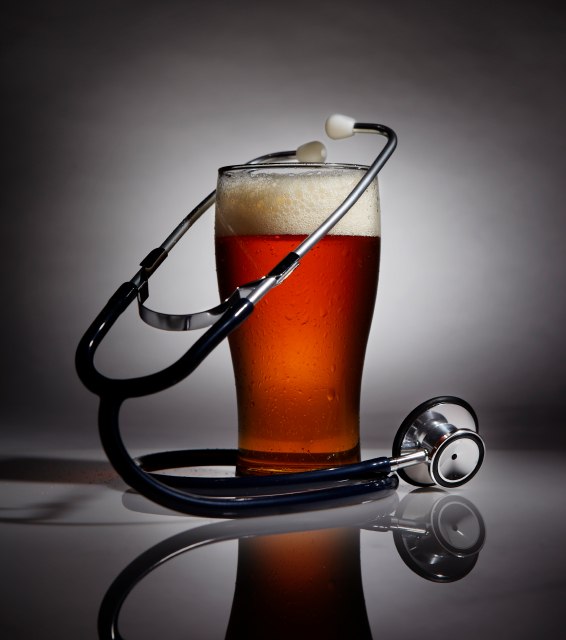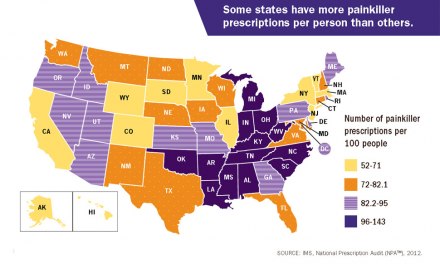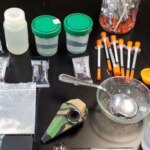Today I received yet another article about yet another physician who declared that addiction was not in fact a disease. Frankly, I’m always a bit surprised when I meet a doc who does have some understanding of a disease model. So many don’t. But in my experience this says as much about doctors as about addiction.
Some years back I was a guest at dinner where I was seated next to a rheumatologist. As soon as he found out what I did for a living, he turned to me and stated emphatically: “You know, alcoholism is not a disease.” This being by informal count the 6,129th time this had happened, I was ready. “What’s a disease?” I asked him.
That stopped him for a moment. “Good question,” he admitted. “I’m not sure there’s a simple answer.” No doubt remembering the disputes in his own field over the 100 different types of arthritis.
“Then how can we say for sure that alcoholism isn’t one?” But then he launched into the usual criticisms — we don’t know the cause, we don’t have a medication for it, and so forth. “Seems to me,” I repeated, when I sensed he was beginning to tire, “we’re still stuck at the problem of definition. Until we agree on that, I don’t know how we can resolve it.” And not surprisingly, we didn’t.
I just checked the online medical dictionary. Here’s their definition of disease:
…an impairment of the normal state of the living animal… that interrupts or modifies the performance of the vital functions, is typically manifested by distinguishing signs and symptoms, and is a response to environmental factors (as malnutrition, industrial hazards, or climate), to specific infective agents (as worms, bacteria, or viruses), to inherent defects of the organism (as genetic anomalies), or to combinations of these factors : sickness, illness“
So – does alcoholism fit?
According to the CDC, 24,518 deaths in 2009 alone resulted from alcohol-related causes, excluding homicide or accident. That sure sounds an ‘interruption of vital functions’ to me.
Last I looked, the ‘distinguishing signs and symptoms’ of the disorder were taught in every medical school in the world.
There’s plenty in the literature on environmental and genetic factors. OK, there’s no worm involvement. We’re not sure how these factors interact to produce an alcoholic, but then, according to the definition, we don’t have to be.
So when people object to the disease concept, most of the time it’s based on a comparison with some other disorder, such as cancer or AIDs. Fair enough. But something needn’t be like cancer or AIDS to qualify as a disease, right?
None of this, of course, will stop the argument. Maybe it’s just too much fun for the participants.
Not so long ago I was at a working lunch where a young man introduced himself as a third year resident and when I revealed my occupation, exclaimed “You don’t really believe alcoholism is a disease, do you?”
I looked up from my enchiladas. “Define disease.” And went back to my lunch.













Here it is 4 years later. The debate rages on.